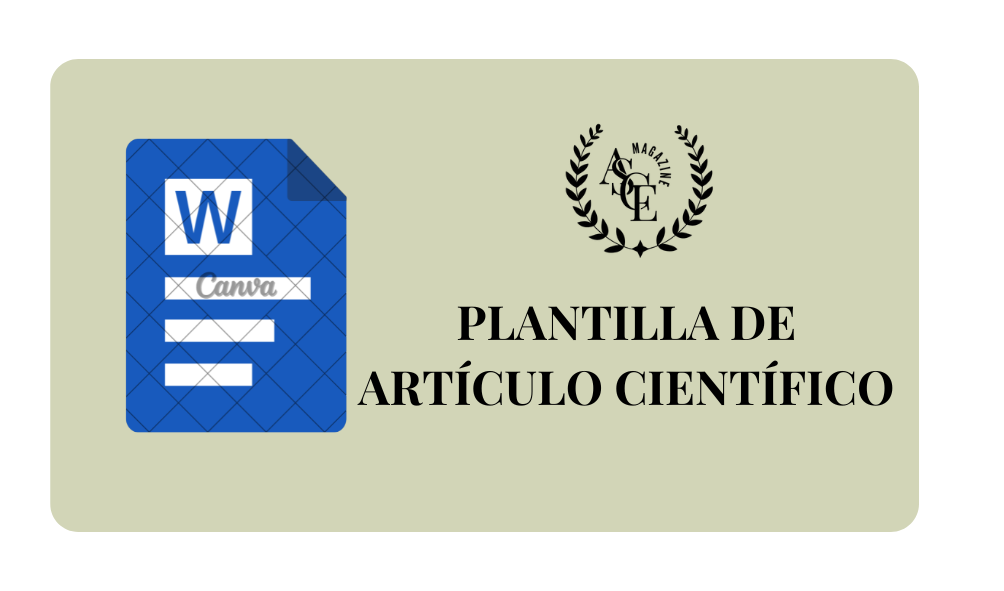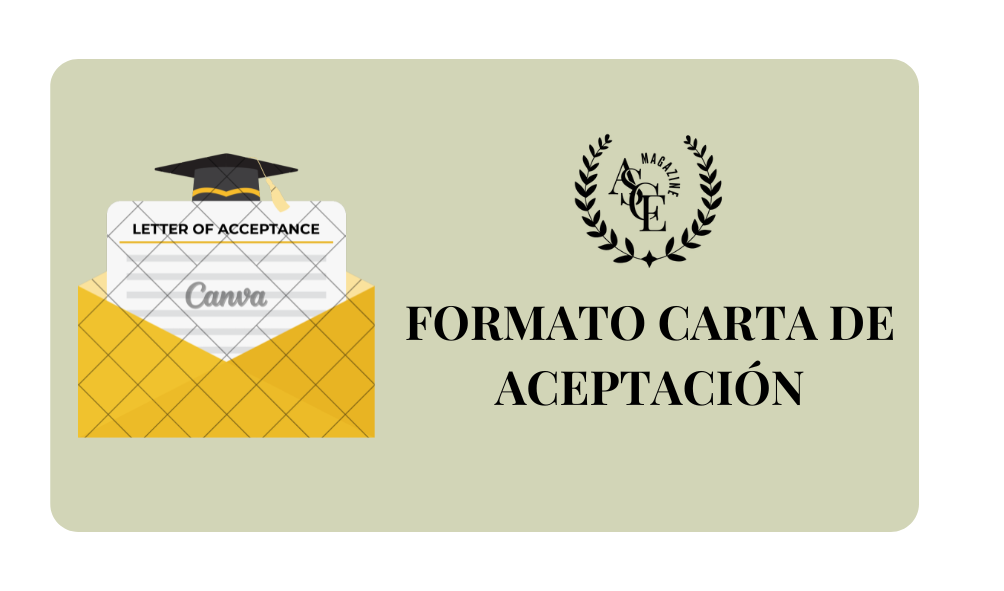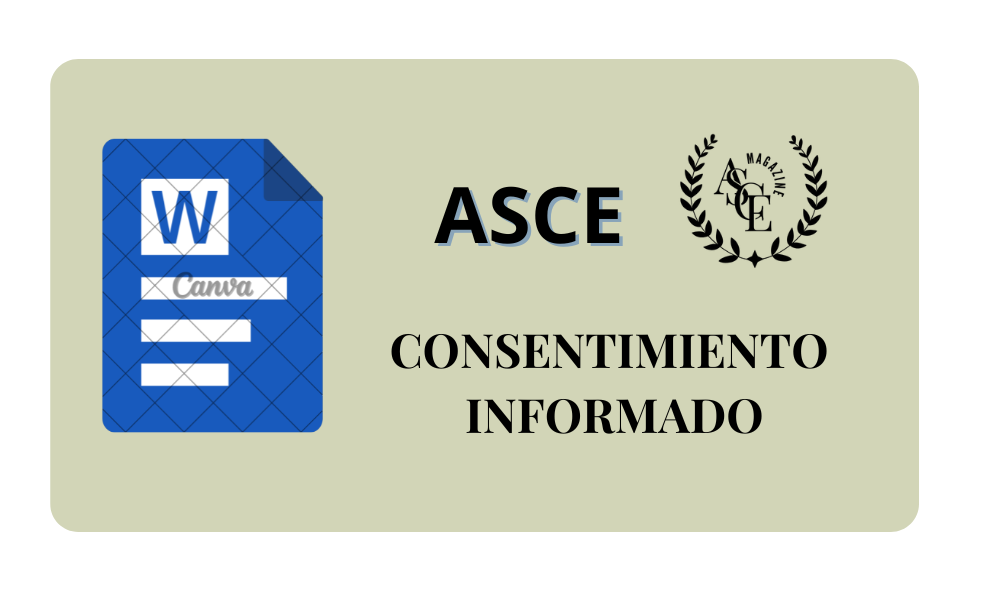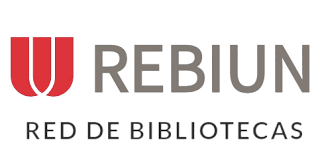Inclusive education in basic education: strategies and methods to promote inclusion: A systematic review of studies that evaluate effective strategies and methods to promote inclusion in basic education.
DOI:
https://doi.org/10.70577/ASCE/583.599/2025Keywords:
Educational exclusion, Basic education, Educational technologies, Inclusive education. ASCEAbstract
This research study addressed the problem of educational exclusion in basic education and the need to identify effective strategies to promote inclusion. The main objective was to evaluate effective strategies and methods to promote inclusion in basic education. The methodology was a qualitative study, through a systematic review of scientific articles published in the last 5 years, with a Prisma approach, selecting a total of 18 articles that meet the criteria of quality and reliability. The information found was represented in a table through a thematic synthesis analysis to identify the main strategies used and their effectiveness.The results of the research showed that the most common and successful strategies are: teacher training, curricular adaptation, use of assistive technologies and collaboration between teachers, families and learning communities. In the case of 68% of the studies articulated in the review, significant improvements have been shown in the participation and performance of students with special educational needs when adjusted curricular adaptations were used. Continuing education for teachers also helped to provide a more inclusive and comprehensive framework In conclusion, this review has shown that the interrelated application of adapted pedagogical strategies and the training of teachers for functional curricular adaptations to achieve inclusion in basic education is key in educational intervention, as they allow us to make visible that this educational area must be organized prioritizing, from an educational policy, resources and training of teachers and promoting collaborative and multidisciplinary work within the scope of the course in order to guarantee the right to education of all students. Research contributes to having a foundation on which to build programs that are inclusive and educationally effective.
Downloads
References
Aguirre, D., Ramírez, L., Maldonado, I., Apolo, M., Maldonado, E., & Masache , D. (2025). Educación Emocional y Bienestar: Herramientas para una Escuela Inclusiva. Ciencia Latina Revista Cientifica Multidisciplinar , 9(2). https://doi.org/10.37811/cl_rcm.v9i2.16901 DOI: https://doi.org/10.37811/cl_rcm.v9i2.16901
Buenaño, P. (2024). Políticas y prácticas de educación inclusiva en Latinoamérica: una revisión sistemática. Revista De Investigación Educativa Niveles, 1(2), 14-30. https://doi.org/10.61347/rien.v1i2.61 DOI: https://doi.org/10.61347/rien.v1i2.61
Campoverde, M. (2024). Estrategias pedagógicas para la inclusión educativa: fomentando la participación de estudiantes con diversas capacidades en el aprendizaje. Polo del Conocimiento, 9(6), 2012-2026. https://doi.org/10.23857/pc.v9i6.7419
Delgado, J., Valarezo, J., Acosta, M., y Samaniego, R. (2021). Educación Inclusiva y TIC: Tecnologías de Apoyo para Personas con Discapacidad Sensorial. Revista Tecnológica-Educativa Docentes, 11(1), 146-153. https://doi.org/10.37843/rted.v11i1.204 DOI: https://doi.org/10.37843/rted.v11i1.204
Erika , L., y Cárdenas, M. (2024). Estrategias pedagógicas para la inclusión de estudiantes con necesida-des educativas especiales. Revista Metropolitana de Ciencias Aplicadas, 7(2), 122-133. https://remca.umet.edu.ec/index.php/REMCA/article/view/737/726 DOI: https://doi.org/10.62452/2483pq34
Fonseca, S., Requeiro , R., y Valdés, A. (2020). La inclusión de estudiantes con necesidades educativas especiales vista desde el desempeño de los docentes de la Educación Básica Ecuatoriana. Revista Universidad y Sociedad, 438-444. http://scielo.sld.cu/pdf/rus/v12n5/2218-3620-rus-12-05-438.pdf
González, A., Sarango, B., y Morocho, A. (2024). Desafíos y barreras en la implementación de la educación inclusiva. Caso Ecuador. Reincisol, 3(5). https://doi.org/10.59282/reincisol.V3(5)553-573 DOI: https://doi.org/10.59282/reincisol.V3(5)553-573
Gonzalez, F., Martín, E., y Poy, R. (2020). Educación inclusiva: Barreras y facilitadores para su desarrollo. Un estudio desde la percepción del profesorado. Profesorado Revista de Currículum y Formación del Profesorado, 23(1). https://doi.org/10.30827/profesorado.v23i1.9153 DOI: https://doi.org/10.30827/profesorado.v23i1.9153
León, M., Coello , B., Palma, R., Castro, M., Carrasco, Z., Riofrío, V., . . . Morales, M. (2024). Educación inclusiva: desafíos y soluciones para un aula diversa. Revista InveCom / ISSN En línea, 5(1), 1-13. https://doi.org/10.5281/zenodo.11043932
Martínez, J., Rodríguez, J., Salazar, R., & Romero, M. (2020). Estrategias pedagógicas inclusivas y su aporte en el aprendizaje de los estudiantes con necesidades educativas especiales (Física- Motora). Magazine De Las Ciencias: Revista De Investigación E Innovación, 5. https://doi.org/https://revistas.utb.edu.ec/index.php/magazine/article/view/1127
Mero, K., Pazmiño, A., Pérez, I., y Mendoza, S. (2025). Retos de la educación inclusiva en la educación general básica. Revista Multidisciplinaria Perspectivas Investigativas, 5, 12-18. https://doi.org/10.62574/rmpi.v5iEducativa.308 DOI: https://doi.org/10.62574/rmpi.v5iEducativa.308
Palacios , J., Cadenillas, V., Chávez, P., Flores, R., y Abad, K. (2020). Estrategias didácticas para desarrollar prácticas inclusivas en docentes de educación básica. Revista Eleuthera, 22(2), 51-70. https://doi.org/10.17151/eleu.2020.22.2.4. DOI: https://doi.org/10.17151/eleu.2020.22.2.4
Punina, M., Vite, M., Velasco , A., Arias, E., y Arellano, K. (2025). El Diseño Universal de Aprendizaje: Principios y Prácticas para una Educación Inclusiva. Ciencia Latina Revista Científica Multidisciplinar, 9(1), 427-444. https://doi.org/10.37811/cl_rcm.v9i1.15725 DOI: https://doi.org/10.37811/cl_rcm.v9i1.15725
Ramírez, N. (2022). Estrategias pedagógicas para la implementación de una educación inclusiva en Ecuador. Ciencia Latina Revista Científica Multidisciplinar, 6(3), 740-758. https://doi.org/10.37811/cl_rcm.v6i3.2256 DOI: https://doi.org/10.37811/cl_rcm.v6i3.2256
Reyes, P., Moreno, A., Amaya , A., y Avendaño, M. (2020). Educación inclusiva: Una revisión sistemática de investigaciones en estudiantes, docentes, familias e instituciones, y sus implicaciones para la orientación educativa. Revista Española de Orientación y Psicopedagogía, 31(3), 86-108. https://doi.org/10.5944/reop DOI: https://doi.org/10.5944/reop.vol.31.num.3.2020.29263
Santander, M., García, D., Álvarez, M., y Erazo, J. (2020). Aprendizaje colaborativo como estrategia de inclusión para estudiantes con necesidades educativas especiales. EPISTEME KOINONIA, 3(1). https://doi.org/10.35381/e.k.v3i1.999 DOI: https://doi.org/10.35381/e.k.v3i6.823
Solís, P., Gallego, M., y Real , S. (2022). ¿El aprendizaje cooperativo promueve la inclusión? Revisión sistemática. Páginas De Educación,, 01-21. https://doi.org/10.22235/pe.v15i2.2803 DOI: https://doi.org/10.22235/pe.v15i2.2803
Vega, E. (2021). Factores que afectan la implementación de la educación inclusiva en Latinoamérica. Revista Ensayos Pedagógicos, 16(2), 233-248. https://doi.org/http://dx.doi.org/10.15359/rep.16-2.12 DOI: https://doi.org/10.15359/rep.16-2.12
Vela, J., Santillán, N., Contreras, L., y Chichande, Y. (2025). Educación Inclusiva: Estrategias para atender la diversidad en el aula. Polo del conocimiento , 10(3), 1113-1138. https://doi.org/10.23857/pc.v10i3.9109
Wolf, C., Maza, D., Velarde, D., Vásquez, R., y Echeverría, S. (2025). Integración del Diseño Universal de Aprendizaje (DUA) con Herramientas Tecnológicas para la Atención de Estudiantes con Dislexia en Educación Primaria. Revista Veritas De Difusão Científica, 1(6), 3679–3701. https://doi.org/10.61616/rvdc.v6i1.590 DOI: https://doi.org/10.61616/rvdc.v6i1.590
Downloads
Published
How to Cite
Issue
Section
License
Copyright (c) 2025 Mercedes Catalina Sani Canchigña, Braulio Emanuel Guanocunga Quishpe, Mayra Cristina Camacho Herrera, Jenny Paola Catagña Simbaña

This work is licensed under a Creative Commons Attribution-NonCommercial-NoDerivatives 4.0 International License.
Eres libre de:
- Compartir : copiar y redistribuir el material en cualquier medio o formato
- Adaptar : remezclar, transformar y desarrollar el material
- El licenciante no puede revocar estas libertades siempre y cuando usted cumpla con los términos de la licencia.
En los siguientes términos:
- Atribución : Debe otorgar el crédito correspondiente , proporcionar un enlace a la licencia e indicar si se realizaron cambios . Puede hacerlo de cualquier manera razonable, pero no de ninguna manera que sugiera que el licenciante lo respalda a usted o a su uso.
- No comercial : no puede utilizar el material con fines comerciales .
- CompartirIgual — Si remezcla, transforma o construye sobre el material, debe distribuir sus contribuciones bajo la misma licencia que el original.
- Sin restricciones adicionales : no puede aplicar términos legales ni medidas tecnológicas que restrinjan legalmente a otros hacer algo que la licencia permite.





































